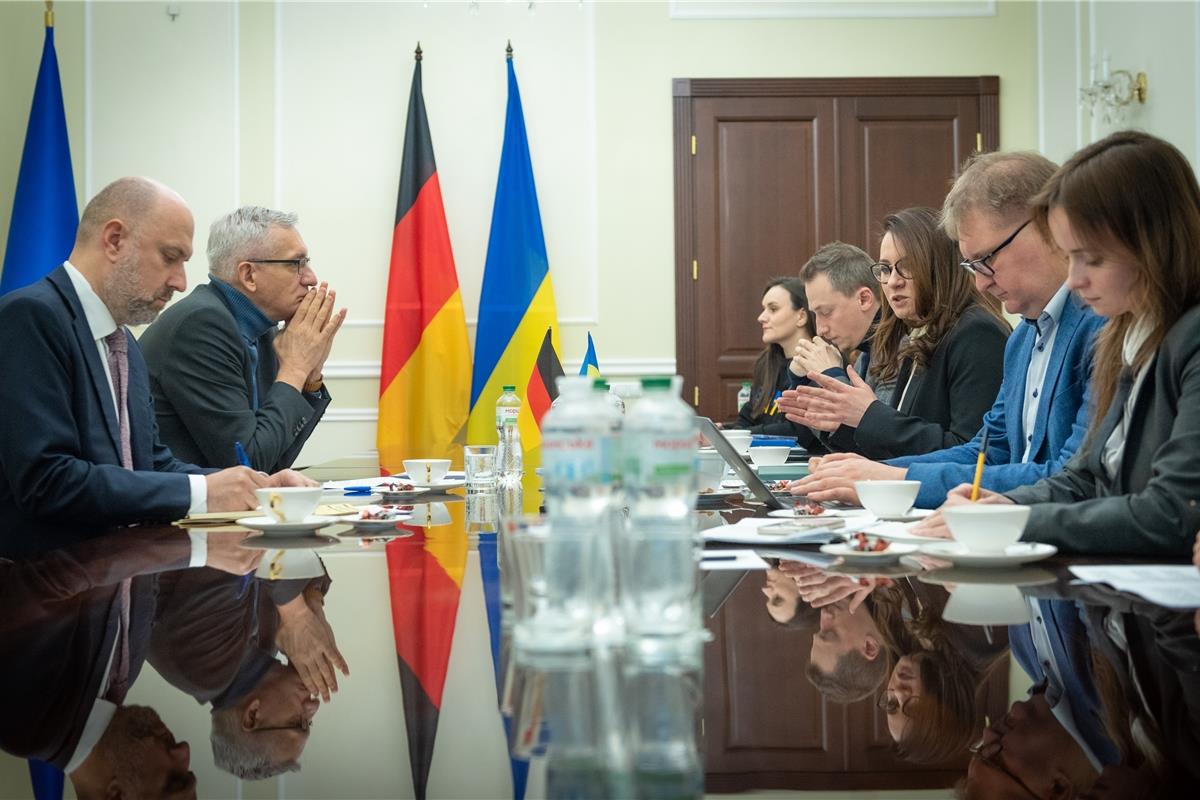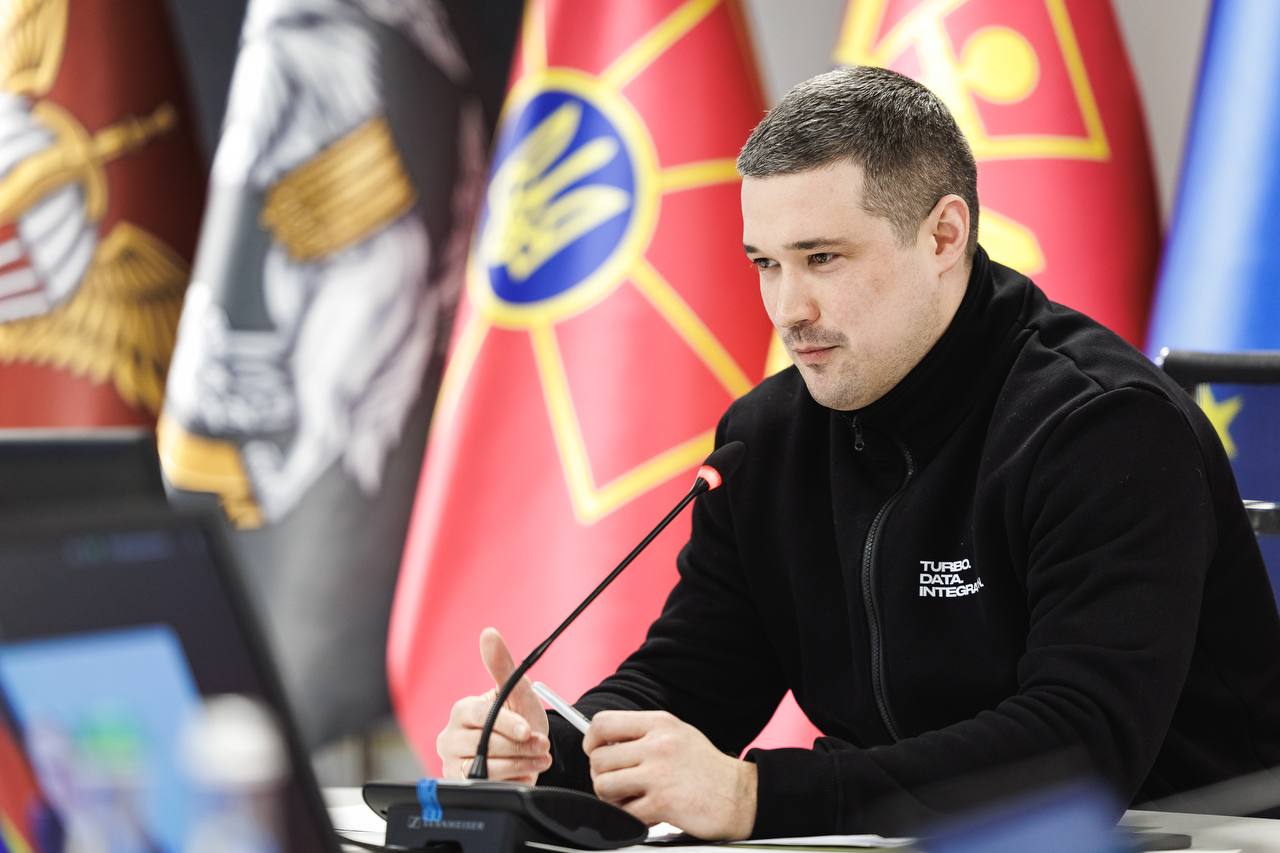Ukraine and Germany continue to work on attracting German businesses to the reconstruction of the domestic economy and increasing funding for government programmes supporting entrepreneurial activities and preferential lending. These matters were discussed during a meeting between the First Vice Prime Minister of Ukraine and the Minister of Economy of Ukraine, Yulia Svyrydenko, and the Extraordinary and Plenipotentiary Ambassador of the Federal Republic of Germany to Ukraine, Martin Eger.
"Despite entering the second year of the war, the Ukrainian economy has shifted to a stage of recovery. According to preliminary estimates from the Ministry of Economy, GDP growth for the first 11 months of 2023 is approximately 5.5%. It is during this period that we need private capital more than ever to contribute to the economic recovery. Currently, the most promising investment sectors include the production of military products, construction, agriculture, and processing industries. These sectors are recovering at the fastest rates.
However, significant challenges still remain, primarily the blockade of seaports and the concentration of missile strikes on disrupting the transport logistics of exports. To overcome these challenges, together with our American partners, we have developed an 11-step plan, which includes the confiscation of frozen Russian assets, expanding export opportunities, restoring energy stability, returning Ukrainian refugees, increasing budget revenues, developing the defense industry, and attracting foreign direct investments," emphasized Yulia Svyrydenko.
She mentioned that in the 2024 state budget, the government has allocated over 40 billion UAH for financing business support programmes. These programmes include support for small and medium-sized businesses through accessible financing and grants for opening and developing businesses. Grant programs for processing enterprises are also funded. Ukraine aims to increase the share of processing industries in GDP from the current 10% to 20-25%.
"We propose that Germany consider opportunities to increase funding for government business support programmes in Ukraine, including the 5-7-9 programme, to create a favorable environment for enterprises affected by the conflict. It is also important for us to expand support for medium and large enterprises, including projects with significant investments, industrial parks, and insurance against war and political risks. To achieve this, the Ministry of Economy, together with partners, is developing the Small and Medium Business Support Strategy until 2027. The development and adoption of the strategy aim to improve coordination between the government, business, donors, and various entrepreneur support programmes, positively influencing the overall development of the sector. Implementation of relevant projects may attract German financial institutions and development agencies, such as KfW, DEG, GIZ.
We also invite Germany to participate in supplying equipment to replace damaged or destroyed assets of Ukrainian enterprises. This can help Ukraine become part of the global production chains of German companies," continued Yulia Svyrydenko.
Separately, the meeting participants discussed the preferential mortgage lending programme eOselia, including credits on preferential terms for Ukrainians who have lost their homes. Additionally, the government is currently developing a range of new tools to provide Ukrainians with affordable housing, based on accessible rental programmes with the right to purchase and social leasing.





















